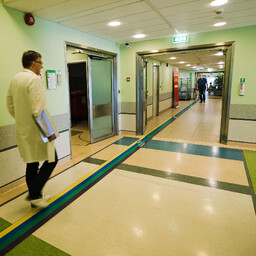Currently, about 130 speech therapists work in Estonia's healthcare system. But more are needed. According to a study by the Chamber of Commerce, over a hundred additional speech therapists are required. The problem is that every year, the university graduates new specialists, but only a fifth of them start working in the healthcare system. As a result, there is a shortage of about 80 speech therapists.
Most speech therapists work with adults. Fewer are those who help children. Speech therapists are important for patients who have problems with speech or swallowing. They work in large hospitals and some in smaller hospitals. Over the past ten years, the number of speech therapists in healthcare has doubled. However, the workload is also high.
Marika Padrik from the University of Tartu says that the demand for speech therapists is growing. Life expectancy is longer, which leads to more illnesses and speech problems. There are also more children who need help. Medicine is advancing and saving more young lives.
Triin Tõnts, advisor to the Department of Local Healthcare Services at the Ministry of Social Affairs, says the situation is difficult. On one hand, progress has been made: speech therapists have received better working conditions and salaries. But on the other hand, a large portion of graduates stay away from the healthcare system. Most go into education or the private sector. There are still too few speech therapists in hospitals and rehabilitation centers.
Triin Tõnts says it is important to understand why young specialists do not want to work in healthcare. Is the workload too high or the salaries too low? Or are they not given enough support? It is crucial to seriously identify the reasons to find solutions. For example, the number of study places could be increased or better working conditions could be offered. Digital technologies could also be used more to help patients where a specialist is physically unavailable.

